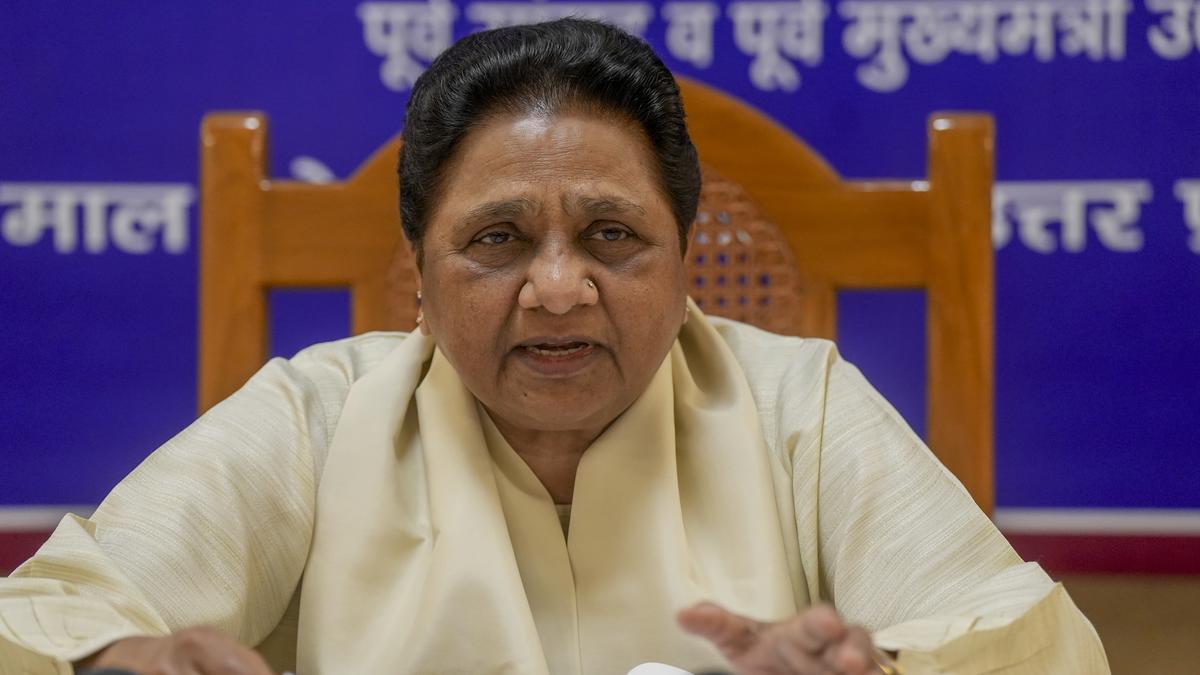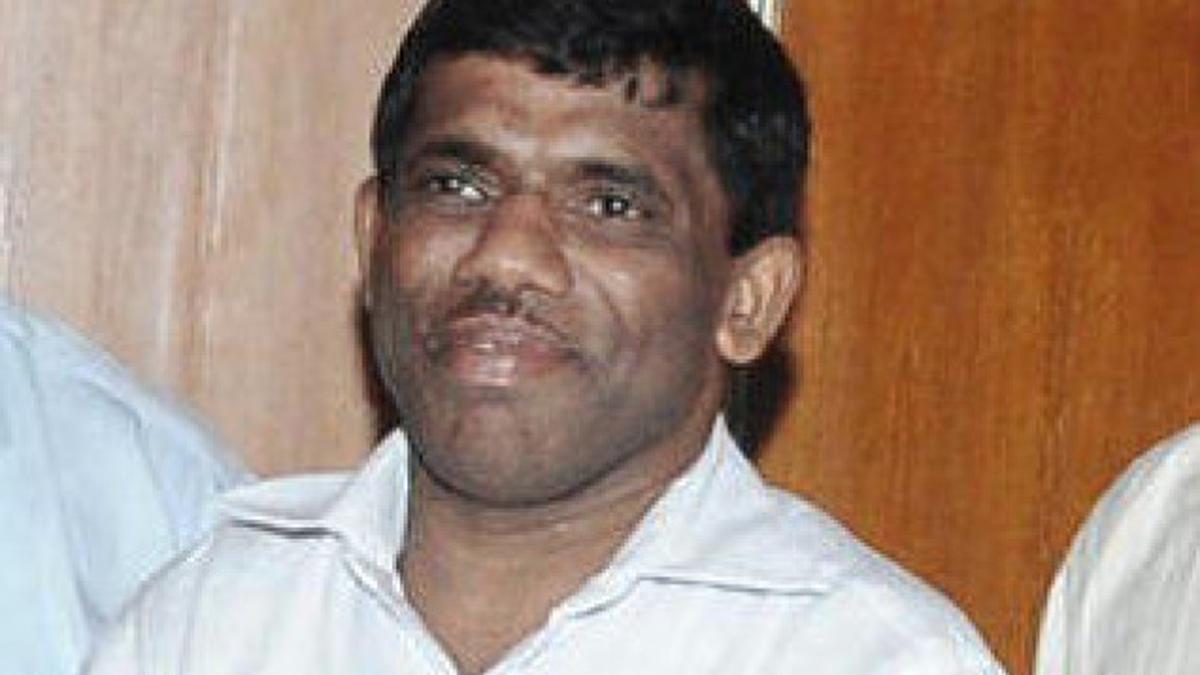The Supreme Court’s five-Judge Constitution Bench, for the third consecutive day, is set to hear a Presidential Reference seeking clarity on whether fixed timelines could be imposed on Governors and President while dealing with bills passed by the State legislatures.
Also read: 14 questions raised by President Murmu in Presidential Reference
On Wednesday (August 20, 2025) Solicitor General Tushar Mehta, appearing for Centre, argued in favour of discretionary powers of the Governor and fixing timelines for considering Bills could lead to reducing the constitutional power of the post. His arguments cited the Constitutional debates and draft Constitution as well.
Also read: Top court hearing on Presidential Reference highlights on August 20, 2025
Follow below for more updates:



.png)
.png)
.png)
















 2 hours ago
3
2 hours ago
3









 English (US) ·
English (US) ·